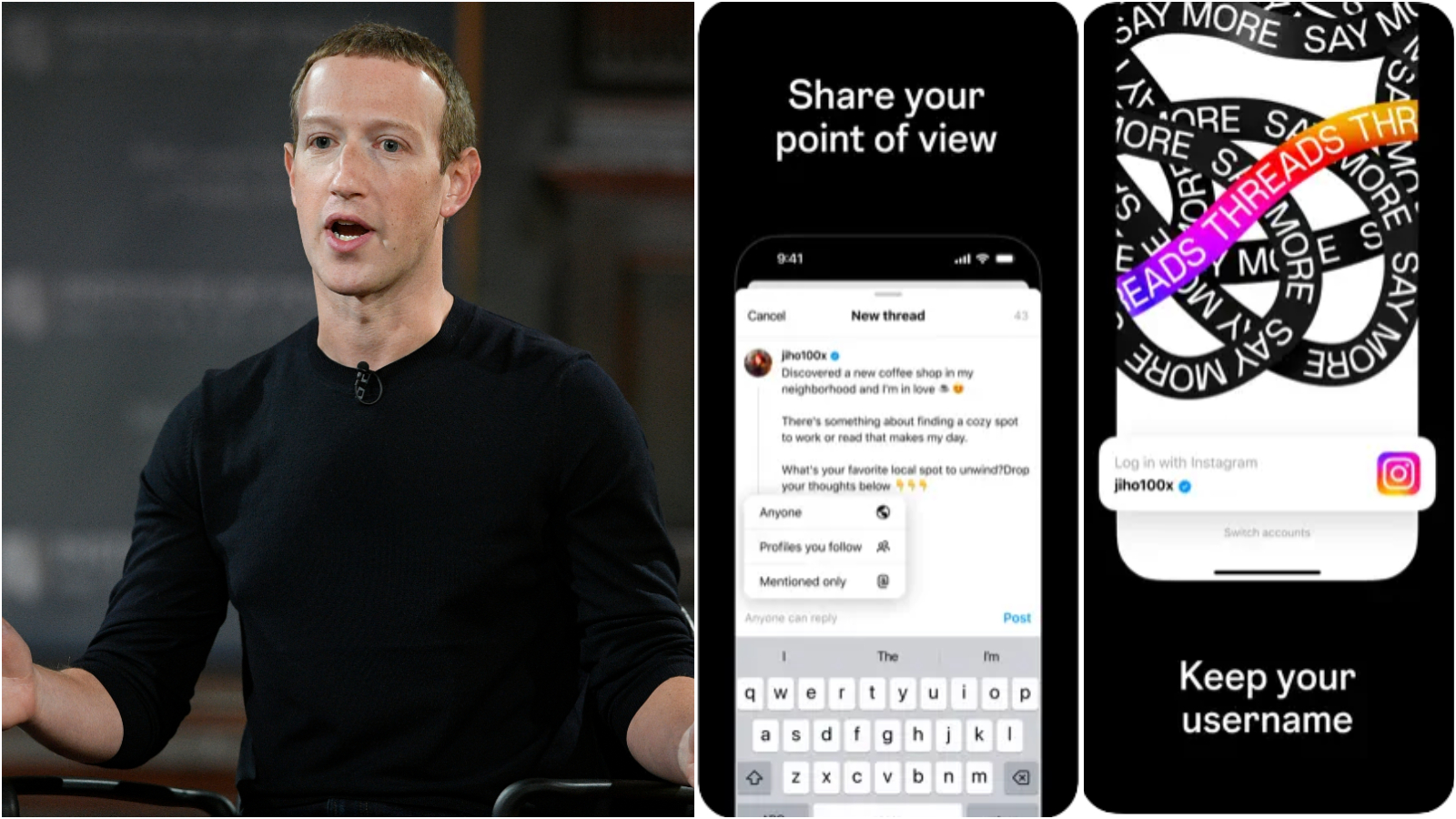Facebook’s Parent company, Meta, plans to roll out a Twitter arrival platform called Threads. This new platform, “Threads” is considered a privacy threat to users before its launch.
The concerns expressed about this application are noticeable during the downloading process of the application itself and as a part of the disclosure, which can be found in the application details section of the iOS app.
It shows that Threads Application will access user’s sensitive information, financial data, location and browsing history. This application can also access the contact history of users and other details of the user profile as per the recent report.
These profiles are crucial for Meta’s behavioral advertising micro targeting tools, which generate revenue by monitoring and profiling internet users.
However, these practices raise doubts about the app’s viability for launching in the European Union (EU), where Meta’s previous legal justification for processing personal data was deemed unlawful earlier this year.
Although Meta has shifted to claiming legitimate interest as the basis for data processing, the EU’s highest court recently ruled against this legal justification, emphasizing that consent must be obtained for Meta’s behavioral advertisements.

Furthermore, current EU regulations strictly prohibit the use of sensitive data for advertising purposes and may necessitate explicit consent for the amalgamation of data for ad profiling.
As a result, Meta’s data-centric business model is confronted with additional legal uncertainty, particularly in light of the imminent enforcement of the Digital Services Act and Digital Markets Act within the EU.
Currently, Meta does not provide users with a clear choice to deny tracking and profiling, nor does it explicitly seek consent to share sensitive health information with advertisers.
With stricter regulations on surveillance ads being introduced in the EU, an app like Threads that aims to track users extensively for advertising purposes may face significant challenges in gaining approval from regional regulators.
Meta’s Threads App
In addition to privacy concerns, Meta has also faced legal repercussions for breaching the General Data Protection Regulation (GDPR).
The company was ordered to stop transferring EU users’ data to the US for processing and was fined nearly $1.3 billion for non-compliance with GDPR requirements.
While this order specifically targeted Facebook, other Meta services could face similar scrutiny if they fail to adequately protect Europeans’ data.
Unfortunately, Threads does not appear to prioritize user privacy, which indicates that Meta’s approach to compliance with EU law will require substantial changes.
Meta’s attempt to improve its corporate image through rebranding as Meta instead of Facebook seems questionable.
Instead of explicitly labeling Threads as a Meta app, it is being associated with Instagram, possibly to leverage the latter’s large and engaged user base.
This strategic decision may facilitate a quicker adoption of Threads under the guise of being a sister “text” app, allowing it to gain momentum swiftly.

Nevertheless, it is evident that Threads will not be introduced in the European Union (EU) at this time, leaving its future in the region uncertain.
Meta, the company behind Threads, has expressed concerns about potential legal risks and the restrictions imposed by the Digital Markets Act (DMA), which have resulted in the postponement of the app’s EU launch.
Although the Irish Data Protection Commission (DPC) has clarified that it has not prevented Meta from releasing Threads, the company has stated that it currently has no intentions of launching in the EU.
Furthermore, with the European Commission enforcing the forthcoming ex ante antitrust regime in the EU, Meta anticipates a rise in legal ambiguity within the region.
Meanwhile, Meta has faced substantial fines for GDPR violations in the EU, including a recent penalty of over $410 million. The EU’s DMA allows for penalties of up to 10% of global annual turnover, surpassing the maximum sanctions under the GDPR.
However, fines imposed on tech giants for breaching EU data protection regulations have generally remained below the maximum limit.






